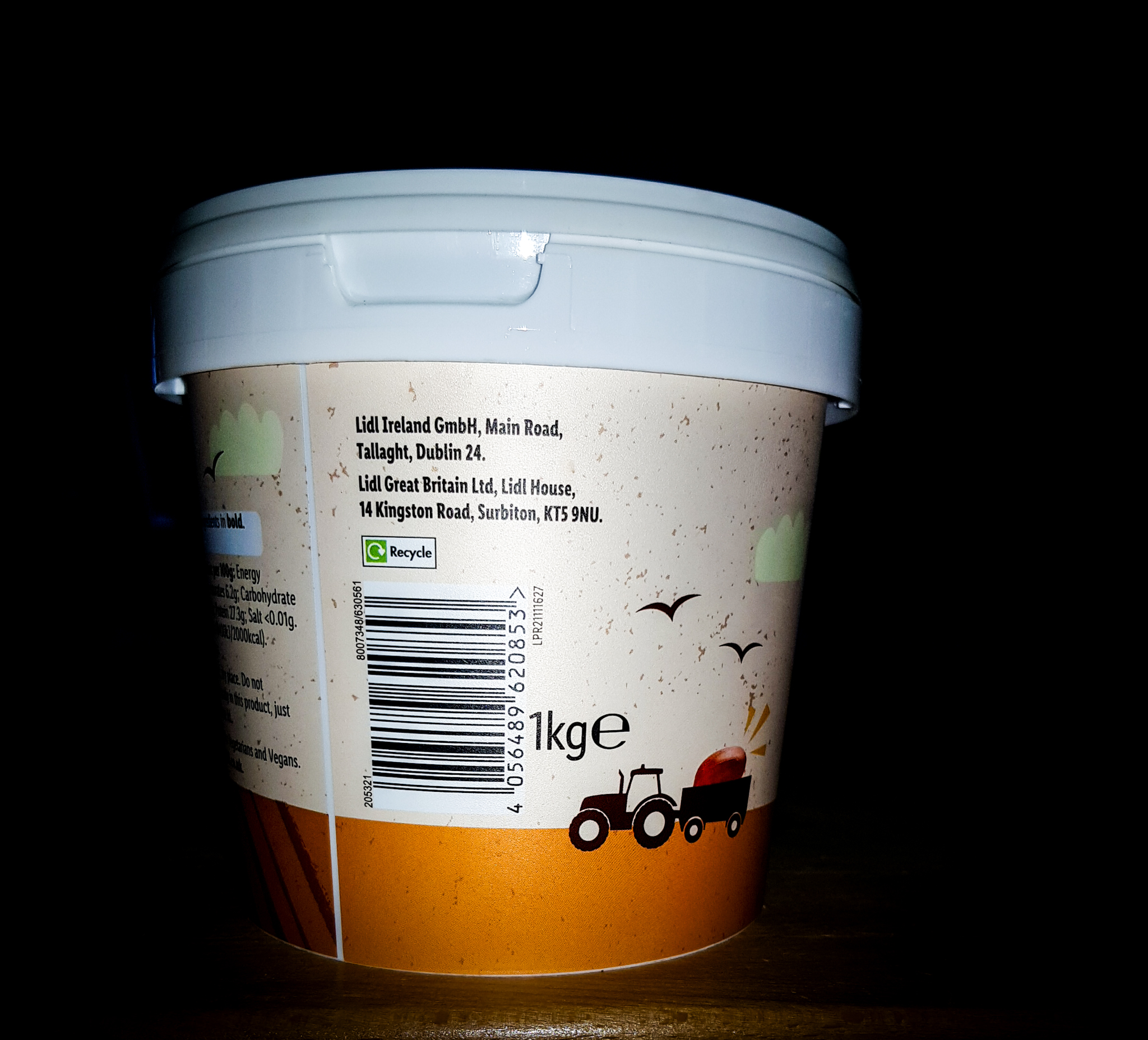Advertising watchdog clamping down on “biodegradable” and “compostable” claims
People left angry and dismayed when they found out the truth about these claims, new study shows.
They are buzzwords that businesses keen to climb on the green bandwagon use: “biodegradable”, “composable” and “recyclable.”
Many people take pride in “doing their bit” for the environment by sorting their household waste into correct bins for recycling or buying products with green packaging, a new study shows.

But the report from the Advertising Standards Authority (ASA), based on extensive interviews with consumers, found widespread misunderstanding around these terms, leaving people angry and dismayed when they found out the truth. Now the advertiser regulator is calling for more clarity from companies.
And the ASA will be cracking down on the use of green disposal claims as part of its action on climate change and “greenwashing”. Waste is a significant source of methane emissions and pollution is a main driver of biodiversity loss.
Chief Executive Guy Parker said: “We’re committed to playing our part in combatting climate change. This new research shows that the public are keen to dispose of waste in a responsible and effective way, but they need more clarity to better understand the claims being used about disposal. Ads have a role to play in that education.”
According to the report, there was general “blind acceptance” of what advertisers claimed. This uncritical acceptance risked consumers having an oversimplified understanding of the terms and waste disposal process.
For instance, there was a general assumption that responsible disposal of recyclable, compostable and biodegradable material was possible from home. Many “recyclable” products such as plastic bottles, takeaway cups and food packaging need to be taken to specialist centres. If this was the case, then participants in the research said this should be made clear and it was down to government and business to make these services as accessible and convenient as possible.
The terms ‘compostable’ and “biodegradable” were little understood and often confused with each other. Some participants in the research assumed this labelling meant products would disappear completely in their garden compost bin or result in soil, but they require specialist facilities. Many participants were shocked and disappointed to learn that “biodegradable” products have an unlimited timeframe to break down and potential to produce toxins.
The ASA has been regulating environmental claims in advertising for decades in a bid to prevent consumers being misled. Issues include “greenwashing” products.
In 2022, the ASA banned a Lipton Iced Tea poster in a bus shelter claiming it was made from 100% recycled materials next to an image of the bottle. An asterix linked to small text at the bottom stated it was only the bottle that was recycled while the cap and label were not. But the ASA ruled the advert was still misleading.
It has previously upheld complaints about brands of dog poo bags and baby wipes being “100% biodegradable” and recently ruled two airlines made misleading claims about their environmental impact.
The latest ASA study shows how people generally believed advertising is highly regulated in the UK couldn’t be made without evidence. Just a few were most sceptical of claims. They tended to be better informed on environmental issues.
Following the report, the AA has now updated its guidance for companies. It clarified that green disposal claims must be substantiated. Clearer information in four key areas is required to avoid misleading consumers:-
- Product composition: which parts of a product are/not recyclable, biodegradable or composable.
- Disposal process: if that is likely to differ from the average consumer’s expectation.
- Length of time: how long a product takes to fully break down when products are labelled compostable or biodegradable.
- Outcome of disposal: information about harmful by-products as a result of the disposal process.
Parker said: “We want to help businesses get it right and to feel confident talking about their green initiatives.” He said the new research and eLearning were valuable tools to help advertisers to get it right.”
Since January 2024, the ASA has begun additional monitoring and enforcement action to tackle ads, websites and labelling in breach of established rulings such as “100 per cent recyclable” claims. From April 1 2024, the watchdog will investigate advertising that omits green disposal information or isn’t backed up by evidence.
The watchdog is encouraging anyone with concerns about green claims in advertising to get in touch. “We’re taking a frontline role in tackling greenwashing in ads through our ongoing and wide-ranging Climate Change and Environment project that is shining a brighter regulatory spotlight in this area. This is helping maintain a level-playing field for business and in turn promoting and informing consumer choice and confidence in making green choices,” said a spokesman.
